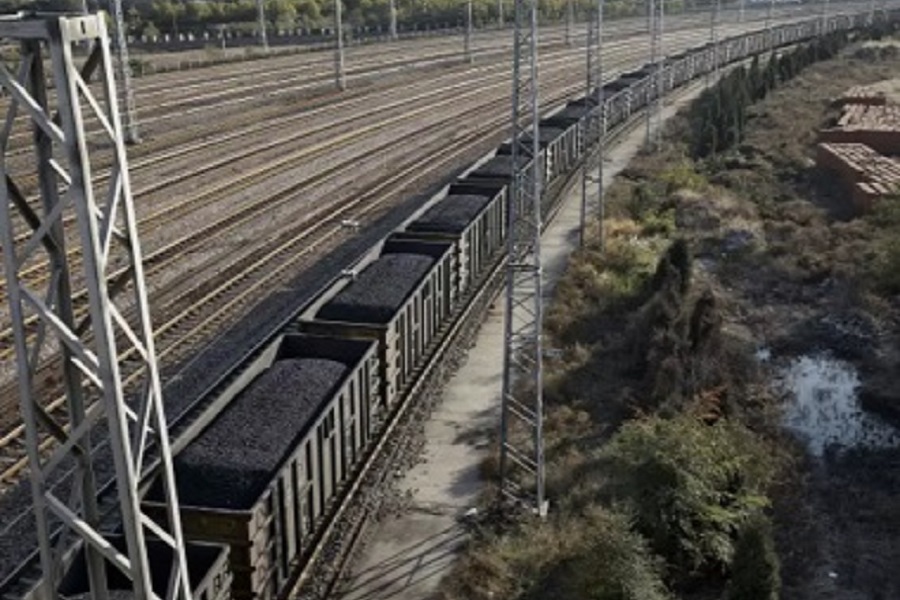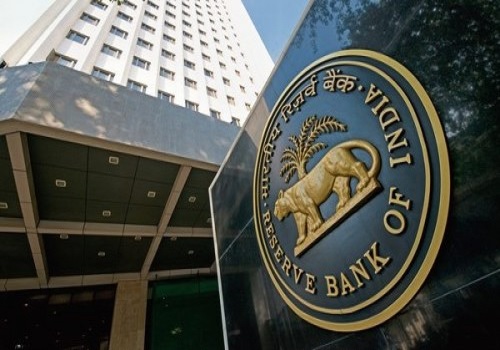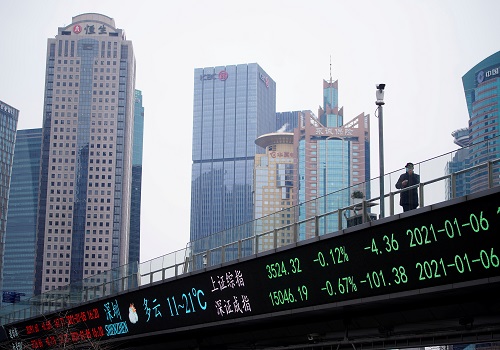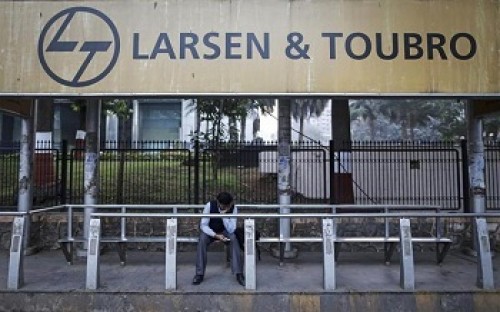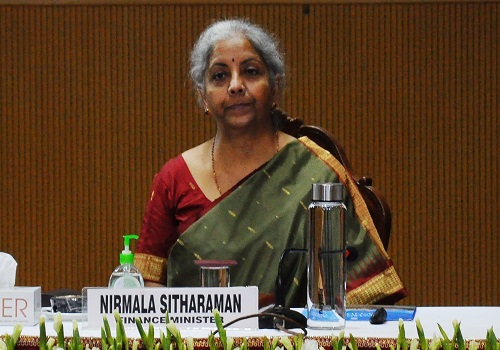Residential Prices in Bengaluru See 57% 5-Year Jump, Inventory Overhang Down to 8 Months

Follow us Now on Telegram ! Get daily 10 - 12 important updates on Business, Finance and Investment. Join our Telegram Channel
India’s ‘Silicon Valley’ and ‘Garden City’ has evolved into a dynamic metropolis, presenting vast opportunities in both residential and commercial real estate. The ANAROCK report 'Bengaluru’s Real Estate - Your Gateway to Opportunity' highlights that the city's average residential prices rose by 57% in the last five years.
Dr Prashant Thakur, Regional Director & Head - Research, ANAROCK Group, says, "Average residential prices in the city stood at INR 7,800 per sq. ft. by H1 2024-end against INR 4,960 per sq. ft. at H1 2019-end. Bengaluru also saw the highest Y-o-Y jump of 32% – from INR 5,900 sq. ft. by H1 2023-end to INR 7,800 per sq. ft. by H1 2024-end."
Soaring construction costs coupled with rising investor and buyer demand are pushing prices up, after a period of relative stagnation between the structural reforms period and the 2019 pandemic. With demand increasing significantly post-COVID-19 and construction costs heading north, developers have now begun hiking their prices.
"Increased new launches in Bengaluru's premium and luxury segments in H1 2024 also contributed to the rise in average prices," says Dr Thakur. "Interestingly, out of the total new supply of approx. 32,500 units in H1 2024 in the city, nearly 75% were in the premium and the luxury segments altogether.”
In terms of regions, North Bengaluru commands the highest average capital value of more than INR 7,000 / sq. ft. among the city's four quadrants (East, West, North, and South).
Available Inventory
By H1 2024-end, Bengaluru’s available stock stood at approx. 45,420 units; by H1 2019-end, it was approx. 64,680 units - a 30% 5-year decline. Considering that there has been robust new supply added in the city since 2019, the declining stock is a very positive sign. Moreover, inventory overhang in the city had fallen to a record low of 8 months by H1 2024-end, from 15 months in H2 2019.
The report also highlights Bengaluru’s surging office space demand since 2020 (reaching all-time high recently) highlighting the city’s continued attractiveness and thriving business environment. Average office rentals across Bengaluru’s key markets last year witnessed yearly growth of 4% to 8%.
While the IT-ITeS sector's dominance decreased marginally Y-o-Y, coworking space providers and manufacturing/industrial occupiers expanded their presence by 3% and 2%, respectively. This depicts a potential diversification of the city’s tenant base, and a maturing business ecosystem.
Ongoing Challenges
The report also addresses Bengaluru's pressing urban challenges, and the action plans underway to mitigate them. Among others, these include:
* Traffic congestion
* Water scarcity
* Air pollution
* Waste management deficit
* Increasing urban sprawl leading to flooding
Key Underway/Proposed Mitigating Infrastructure Projects
* Multimodal Logistics Park (MMLP)
* Bengaluru Suburban Rail Project (BSRP)
* Namma Metro Phase 2 and 3
* Bengaluru Satellite Ring Road
* Expressways
* Airport City, and
* Various corridors passing through Bengaluru (Industrial Corridors, Economic Corridors, Infrastructure Corridor and Business Corridor)
Key Report Highlights

Above views are of the author and not of the website kindly read disclaimer






